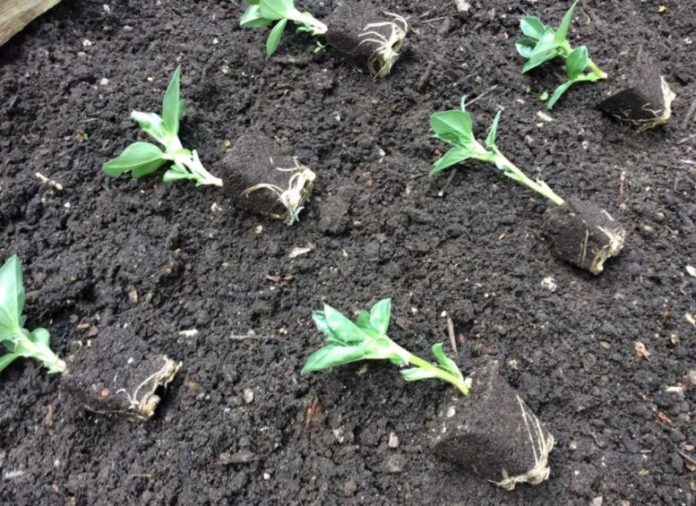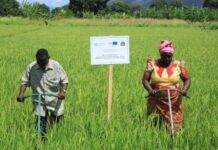Scientists from Zimbabwe and Malawi are working on a joint research project to develop bio-fertilisers which are inexpensive and eco-friendly to help boost crop productivity for smallholder farmers and reduce the use of chemical fertilisers which are damaging the quality of soils.
Principal investigators Dr Thembekile Ncube (Zimbabwe) and Dr Keston Njira (Malawi) announced the joint research was aiming to reduce the negative effects on the natural environment brought about by the over use of chemical fertilisers.
According to their study report they say the impact of chemical fertilisers has led to soil erosion, reduction of biodiversity and greenhouse gas emissions which have led to climatic change and global warming. This they posed a serious threat to the sustainability of food systems not only to Zimbabwe and Malawi, but to the rest of Africa.
Socio-economic development
The R & D pursuits on bio-fertilisers is being undertaken by the Research Council of Zimbabwe (RCZ) in partnership with scientists from the National Commission of Science and Technology in Malawi. Scientific bodies from Zimbabwe and Malawi are participating in Phase Two of the Science Granting Councils Initiative (SGCI). A total of 16 African countries, including Zimbabwe, are participating in the SGCI programme.
This initiative was building up on Phase One of SGCI’s objective of seeking to strengthen the capacities of Science Granting Councils (SGCs) in sub-Saharan Africa (SSA) to support research and evidence-based policies that will contribute to socio-economic development.
The joint research on bio-fertilisers is jointly funded by the Department for International Development (DFID), now known as the Foreign, Commonwealth & Development Office (FCDO), Canada’s International Development Research Centre (IDRC), South Africa’s National Research Foundation (NRF) and the Swedish International Development Cooperation Agency (SIDA).
“Our study largely aims to identify indigenous microbial strains with a potential of enhancing soil fertility through solubilisation of various nutrients (nitrogen, phosphorus, potassium and zinc) and Nitrogen fixation,” said the scientists.









